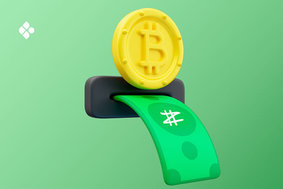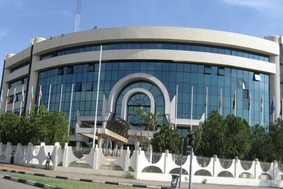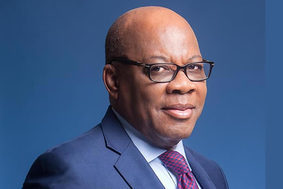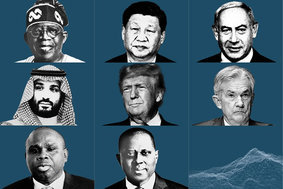MNOs-led mobile money services in South Africa yet to gain traction
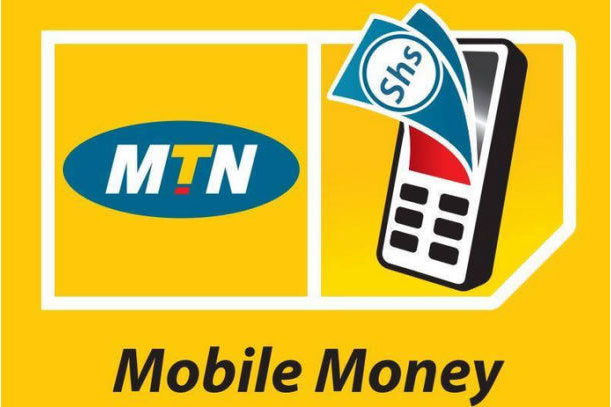
Feature Highlight
First National Bank's e-wallet service is the most popular mobile money service among smartphone users in South Africa.
Analysys Mason – a London-based research firm – has said mobile money services offered by the Mobile Network Operators (MNOs) have had limited appeal in South Africa, despite attempts to rekindle interest by relaunching the services. The research firm cites intense competition from retail supermarket chains and financial institutions, as well as regulatory constraints as factors limiting the MNOs’ share of the mobile money market.
Vodacom simplified the registration process for its M-Pesa mobile money service in August 2014 and established 8,800 points of presence (agents) to increase the reach of the service. MTN partnered with Pick n Pay, a mass retail chain, in 2012 with the aim of extending the distribution channels for its Mobile Money service. Also, in 2014, MTN added a facility to pay bills, withdraw cash and deposit salaries using its mobile money platform.
Despite these initiatives, the level of adoption has been slower than expected. For instance, in 2015, Vodacom reported 1 million M-Pesa registered users in South Africa, but only 76,000 people were actively using the service (that is, carrying out at least one transaction per month), according to data provided by Analysys Mason.
The firm said the number of active users of operator-led traditional mobile money services in South Africa was under 200,000 in 2015, whereas financial institution-led mobile money services had close to 1 million active users. Analysys Mason projects adoption of operator-led money services to remain low, with the active share of registered users reaching just over 300,000 by 2020.
“Operator-led mobile money services in South Africa have failed to gain traction because they have faced competition from mass retail chains and banks, which have been more successful in addressing the needs of both the unbanked and banked populations,” said Devine Kofiloto, Senior Analyst at Analysys Mason.
The firm advised operators to reposition their mobile money services in order to appeal to specific use cases that are not being adequately met in the market.
South Africa has the highest level of financial inclusion in Africa. 70% of the adult population in the country has a bank account.
Financial institutions are more successful with offering mobile financial services because they already have a customer base they could offer the service to, compared with mobile network operators. The financial institutions have also been successful in extending banking services to the unbanked by leveraging their extensive distribution networks, which include nationwide branches and ATMs.
Mobile money in South Africa is particularly appealing to those who would need to transfer money to family dependents or those employed in domestic help and who fall outside the formal banking system.
First National Bank's e-wallet service is the most popular mobile money service adopted by smartphones users in South Africa. 19% of respondents interviewed by Analysys Mason for its forthcoming “Connected Consumer Survey study in South Africa” expressed preference for FNB e-wallet service. All five major banks in South Africa (Absa, Capitec Bank, FNB, Nedbank and Standard Bank) now have a version of an e-wallet service.
According to the research firm, international remittances and innovation in advanced wallet services represent an emerging opportunity for operators to differentiate their mobile money offerings. It also mentioned cross-border peer-to-peer transfer (like between M-Pesa subscribers in the Democratic Republic of the Congo, Kenya, Mozambique and Tanzania, and MTN Mobile Money users in Rwanda, Uganda and Zambia) and use cases such as bill payments and other customer not present (CNP) transactions as potential drivers of mobile money adoption.
Other Features
-
The best sites to buy and sell Bitcoin in Nigeria: A comprehensive ...
Buying and selling BTC doesn’t have to be a hassle. Check out to best sites to buy and sell Bitcoin in Nigeria ...
-
At 50, Olajide Olutuyi vows to intensify focus on social impact
Like Canadian Frank Stronach utilised his Canadian nationality to leverage opportunities in his home country of ...
-
Reflection on ECOWAS Parliament, expectations for the 6th Legislature
The 6th ECOWAS Legislature must sustain the initiated dialogue and sensitisation effort for the Direct Universal ...
-
The $3bn private credit opportunity in Africa
In 2021/2022, domestic credit to the private sector as a percentage of GDP stood at less than 36% in sub-Saharan ...
-
Tinubunomics: Is the tail wagging the dog?
Why long-term vision should drive policy actions in the short term to achieve a sustainable Nigerian economic ...
-
Living in fear and want
Nigerians are being battered by security and economic headwinds. What can be done about it?
-
Analysis of the key provisions of the NERC Multi-Year Tariff Order ...
With the MYTO 2024, we can infer that the Nigerian Electricity Supply Industry is at a turning point with the ...
-
Volcanic explosion of an uncommon agenda for development
Olisa Agbakoba advises the 10th National Assembly on how it can deliver on a transformative legislative agenda for ...
-
Nigeria and the world in 2024
Will it get better or worse for the world that has settled for crises?
Most Popular News
- IFC, partners back Indorama in Nigeria with $1.25 billion for fertiliser export
- CBN increases capital requirements of banks, gives 24 months for compliance
- CBN settles backlog of foreign exchange obligations
- Univercells signs MoU with FG on biopharmaceutical development in Nigeria
- Ali Pate to deliver keynote speech at NDFF 2024 Conference
- NDFF 2024 Conference to boost Nigeria’s blue and green economies

